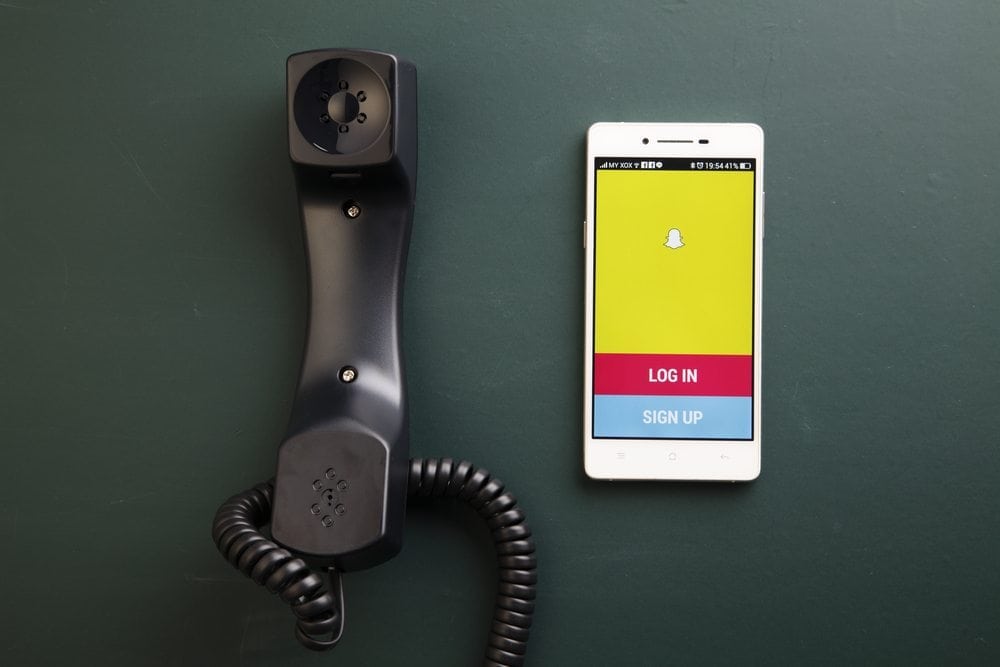Major holidays. March madness. The Presidential Election season. What do these three category of events have in common? They each reduce employee productivity – but for different reasons.
During major holidays, employees are distracted buying gifts and planning parties. And for March madness? They’re checking their brackets and watching (and betting on) the college basketball tournament.
During the election season, employees are distracted because they’re engaging in political banter with coworkers and reading rhetoric online. And with a never-ending news cycle, there is no shortage of “breaking news” stories to read and discuss.
But maybe it’s best to keep those polarizing thoughts to yourself. Your passionate opinion could be disruptive to the workplace, and has the potential to damage working relationships. So how can employees and managers maintain a productive and amicable work environment during the election season?
- Separate Work Life from Personal Life
Employees spend more time working than they spend waking hours away from work. In other words, you spend a big chunk of your life at the office. This means you may feel comfortable enough to bring personal photos and mementos to decorate your office, and share details about the weekends with co-workers, but here’s a reminder: it’s still work, and they’re still your co-workers.
According to Doug Walker, manager of HR Services at Insperity, workers need to exercise caution when sharing their opinions at work, even with people that they think will share their views.
“Oversharing carries the risk of tainting opportunities for future advancement, alienating co-workers, or even current and future customers who do not share a similar ideology,” Walker says.
While some workplace friendships last for years, as a general rule, employees need to differentiate between relationships with family members and friends, and workplace friendships. For example, some families fight at every gathering. Relatives may get into shouting matches and storm out of the room, but at the end of the day, their family bond is stronger than most arguments.
There is also a stronger bond with personal friends – after all, they most likely know you on an intimate level because of the different life events you’ve shared together over the year. Arguments may be passionate, but your connection to each other can usually sustain disagreements.
Workplace friendships can change in the blink of an eye for a number of reasons, including a conflict of interest, jealousy because one employee was passed over for a raise or promotion, or perceived favoritism. While employees form a “team” unit, there is still a level of competition amongst each other. Introducing political disagreements can further strain those relationships.
And unlike family and personal friends, it’s not practical to storm out of the room, or refuse to answer the phone for a few days – or even a few hours. The success of the organization is dependent on employees working together as a team at all times. Employees can’t afford to sulk or ignore co-workers because they’re mad or offended.
- Proceed With Caution
We get it. Employees are not robots, and they have the right to engage in political discussions. However, because many political topics tend to be hot-button issues, workers should proceed with caution. According to Bill Driscoll, District Manager at Accountemps, it’s unwise to make assumptions regarding how people think, and it’s not worth taking a risk and finding out if the individual is offended. He also advises employees to avoid being pressured into sharing their political views.
“Always reserve the right to politely say with a smile, ‘Sorry, I’m staying out of this one,” says Driscoll.
- The Role of Managers
Managers set the tone. Their leadership will be the example – show your employees you’re accepting of different views and opinions.
“Respect the opinions of others,” says Driscoll. “A discussion on politics can be just that – a discussion, not a debate.”
Companies should also stress neutrality. Walker actually warns against letting employers bring posters, bumper stickers, and other political paraphernalia to the workplace, especially in public spaces and where these items are visible to clients and vendors.
“In most cases, it is best for businesses to avoid taking an official stance on a particular candidate or political issue,” says Walker.
“Political issues can be polarizing and taking a public stance could alienate current and future customers or even employees who do not share a similar ideology.”
The bottom line? Regardless of who wins the election and regardless of workers’ personal views, employees will still need to work together. Treading lightly and respectfully – or avoiding political discussions altogether – can help to maintain a neutral, amicable work environment.








